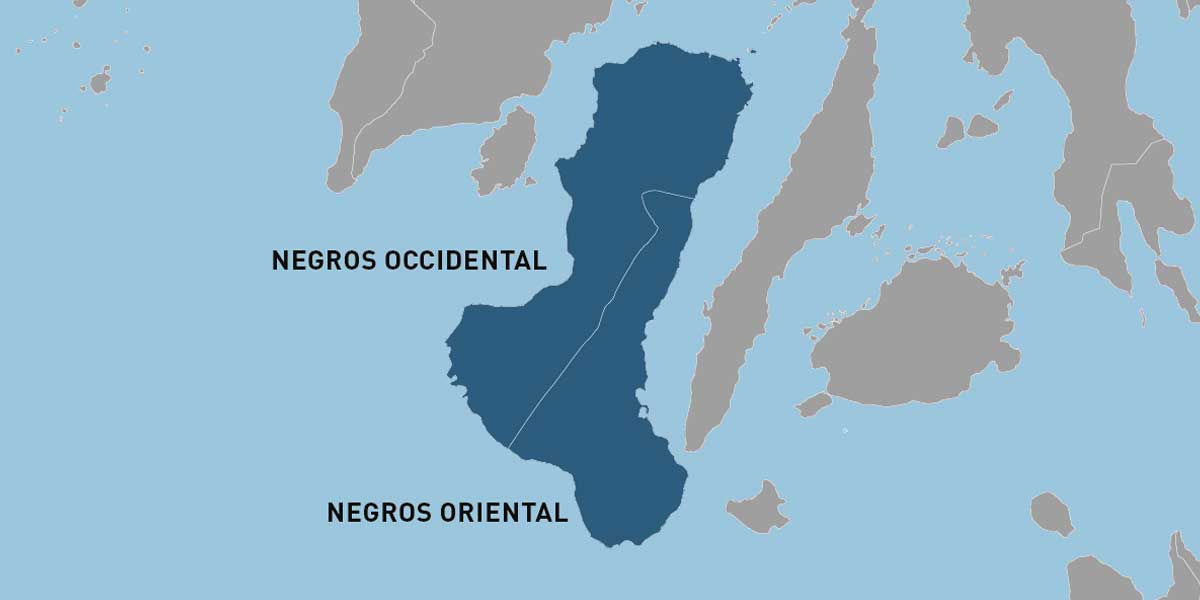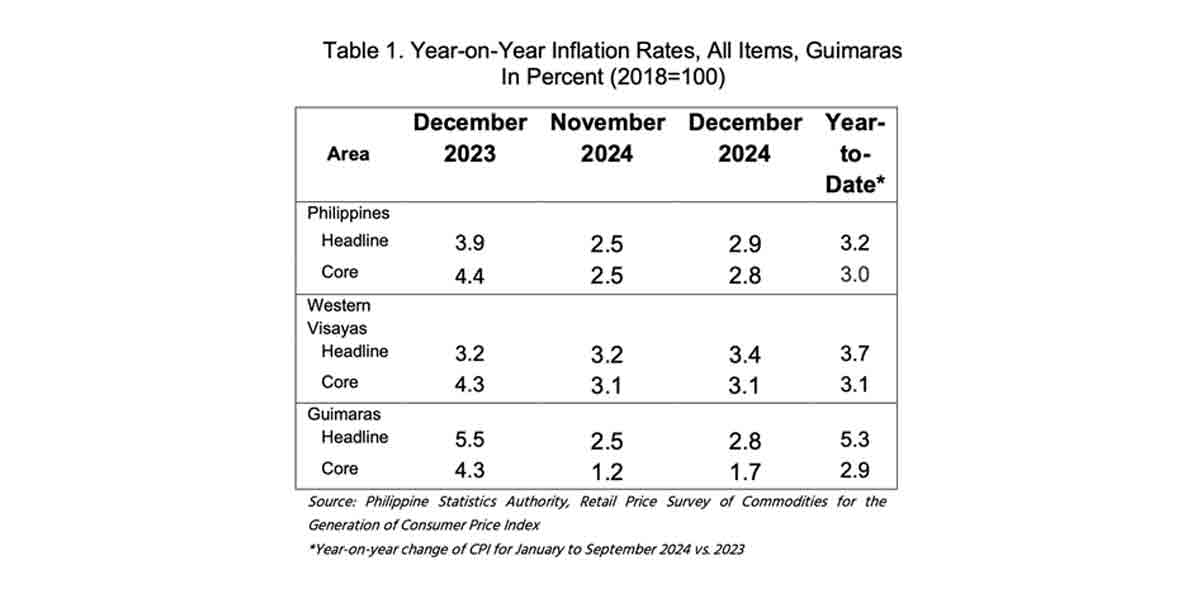 By Artchil B. Fernandez
By Artchil B. Fernandez
The judiciary once again proves it is inutile in dispensing justice and affirms its complete subservience to the executive. The court’s decision convicting Rappler CEO and Executive Editor Maria Ressa and journalist Reynaldo Santos, Jr. of cyber libel this week reveals the judiciary today is just a mere appendage of the executive and bows to its wishes and whims.
Court weaponized to stifle dissent and punishes Du30’s perceived enemies shows he has successfully cowed the judiciary. This is the nadir of Philippine judiciary in recent memory and has consigned itself to the septic tank of history.
Cyber libel case against Maria Ressa and journalist Reynaldo Santos, Jr. stemmed from an article published online on May 2012. The article said that impeached Chief Justice Renato Corona used a vehicle owned by businessman Wilfredo Keng who was allegedly linked to illegal drugs and human trafficking.
More than five years later, on October 2017, Keng filed a complaint with the NBI cyber crime division against Rappler. The article in question Keng claimed “contained malicious imputations of crimes, with bad intentions, purposely to malign, dishonor and discredit my character and good reputation.”
On February 22, 2018 the NBI dismissed the case against Rappler declaring that the one-year prescriptive period for libel has lapsed. Keng filed a motion for reconsideration on February 28, 2018 claiming that the prescriptive period for cyber libel is fifteen years. On March 2, 2018 the NBI for an inexplicable reason reversed its ruling and on January 10, 2019 it recommended the filing of charges against Maria Ressa and Reynaldo Santos, Jr., the author of the article for the crime of cyber libel.
The problem is that Republic Act 10175 or the Cybercrime Prevention Act was signed into law on September 2012, four months after the article was published. Article III, Section 22 of the Constitution unequivocally prohibits ex-post facto law. The law cannot be applied retroactively but this is what Du30’s court did in the case of Rappler.
Furthermore, RA 10175 referred to the Revised Penal Code on matters of libel. Article 351 of the Revised Penal Code, as amended by Republic Act 4661 clearly sets the prescriptive period of libel at one year. Yet the court ignored the explicit prohibition of the law and upheld the novel and prostituted interpretation of the prosecutors that the prescriptive period is twelve years contrary to what the law clearly states.
Judge Rainelda Estacio-Montesa of Manila Regional Trial Court (RTC) Branch 46 in her decision littered with judicial malice and twisted application of the law brushed aside time-tested jurisprudence and the Constitution itself to satisfy Du30’s thirst for vengeance. She displayed ignorance when she slammed Maria Ressa for using the title “Executive Editor” instead of “Editor-in-Chief” unaware that many online publications now use the phrase and it is accepted in the world of journalism. Estacio-Montesa claimed that the article in question has disappeared online when the truth is the opposite.
The court also accepted the spurious contention that the article was re-published in February 2014 when a typographical error was corrected. The misspelled word is “evation” instead of “evasion.” The prosecutors said such correction is re-publication and Estacio-Montesa embraced the sham position wholesale. This is how the court justified the incredulous argument that the case is covered by the new cyber libel law.
It is clear as daylight that the Constitution, the Revised Penal Code and the spirit of RA 10175 were ignored, trashed and spit on just to get even with Rappler. The online news site has been the target of Du30’s ire and anger after it published articles critical to his administration, particularly his pet project the bloody and brutal war against illegal drugs. Rappler has done superb in-depth investigations on Du30’s drugs war, exposing its duplicity and the terrible havoc it wrecked on the lives of people in the communities.
Du30 immediately denied he has a hand in the conviction of Maria Ressa and Reynaldo Santos, Jr. His spokesperson Harry Roque had the gall to proclaim that his principal is a believer of the freedom of the press. Roque claimed that his master never filed a case against any journalist and the case of Rappler involves a private individual not a public official.
The fact that Du30 is protesting too much betrays his innocence. Henry II did not personally break the skull of Thomas Becket. The murderous Roman Emperor Caracalla was not around when soldiers stabbed his brother Geta to death. Demented Nero was innovative, forcing his hapless victims (including his tutor Seneca) to commit suicide thus removing himself and his henchmen directly from the evil deed.
Except for his dwindling fanatics, there are no takers of Du30’s bland denial he has nothing to do with the conviction of the Rappler’s journalists. The legal community does not buy the court’s stale and malicious decision with many legal luminaries tearing up its dull arguments to pieces. The international community including the United Nations (UN), European Union (EU), and the United States expressed their disgust on the decision. Global community of journalists is one in condemning the action of the Du30 administration to eliminate freedom of the press and free expression in the Philippines.
A twin plague is ravaging the Philippines at present. The virus of COVID-19 is killing Filipinos daily while the virus of authoritarianism and tyranny is slowly taking away the rights and freedom of Filipinos. A free press is the backbone of democracy for it serves as the vehicle of freedom of expression.
It is outrageous the executive is aided by the court in curtailing the constitutional rights of Filipinos, giving its imprimatur to the suppression of free press. A weaponized court is the sword of Du30 to slay the free press and suppress dissent.





















